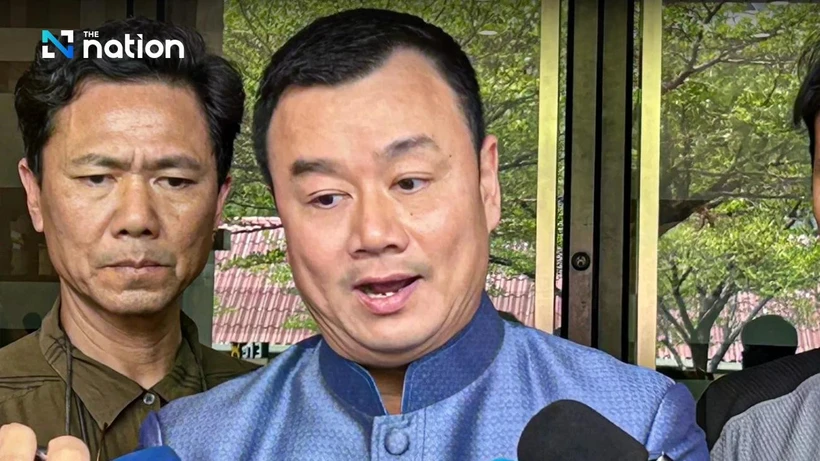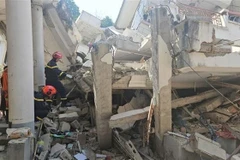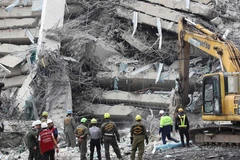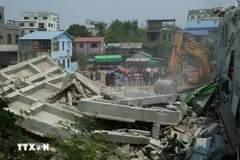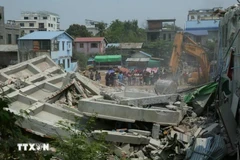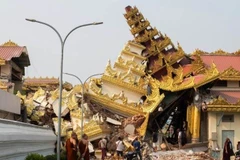Bangkok (VNA) – Thailand’s Ministry of Tourism and Sports is considering reducing the visa extension period for Chinese visitors from 90 days to 30 days, so it is better aligned with their typical travel durations.
Minister of Tourism and Sports Sorawong Thienthong said on March 27 that the average stay for Chinese tourists is less than 15 days, making the current 90-day extension excessive. He emphasised that the proposed reduction aims to reflect actual travel patterns.
The 90-day visa extension is part of a mutual visa exemption agreement between Thailand and China that kicked off on March 1, 2024. Under this agreement, citizens of both countries can enter visa-free for 30 days and extend their stay up to 90 days within a 180-day period.
In addition to visa policy adjustments, Sorawong said his ministry is also developing a new phase of the “Rao Tiew Duay Kan” (We Travel Together) travel subsidy campaign.
This initiative aims to promote tourism in secondary provinces during weekdays and the low season. The campaign may offer additional benefits for civil servants, such as counting work-related travel days as work days instead of leave days, to encourage interprovincial travel./.
